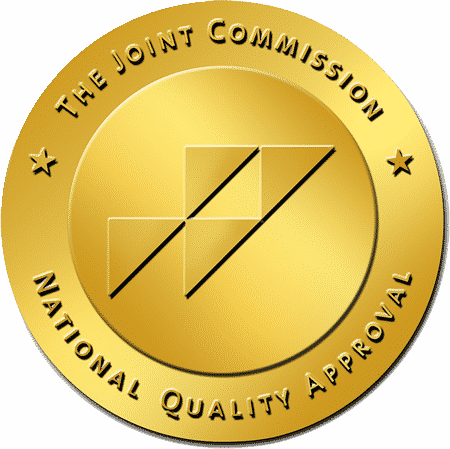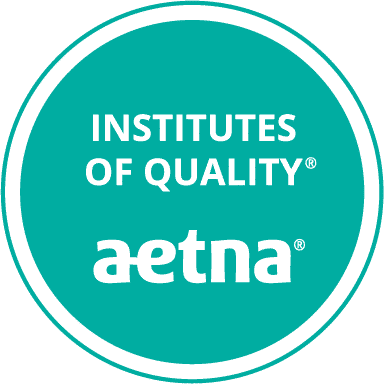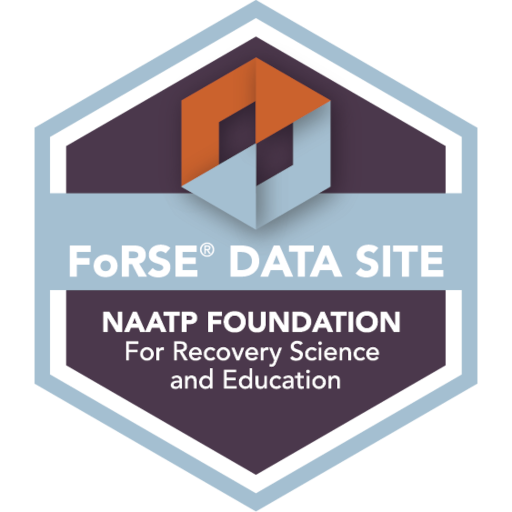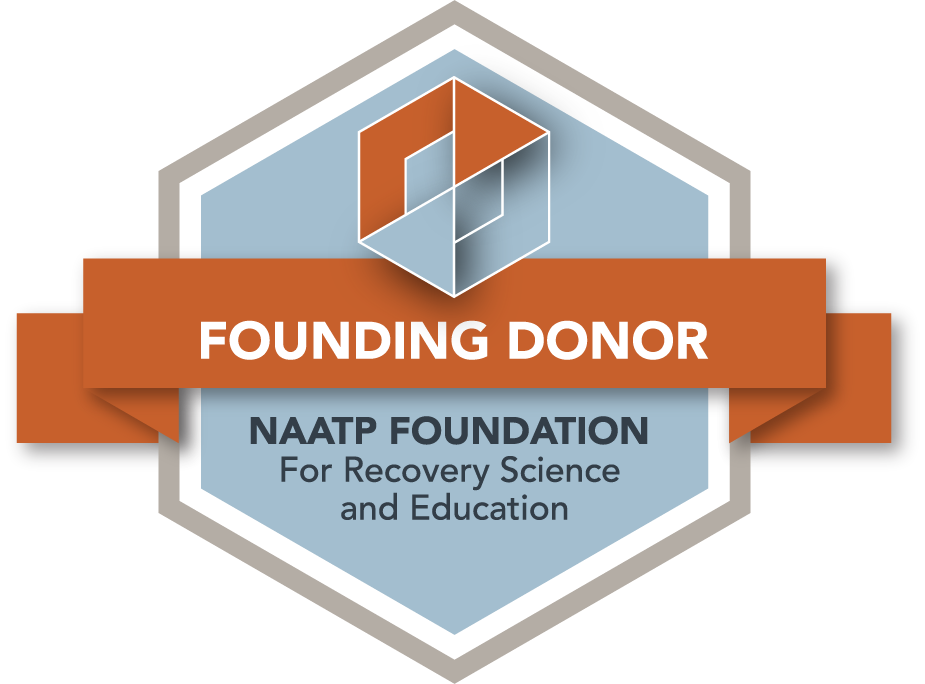What is a Chemical Dependency Counseling?
Chemical dependency counselors provide addiction treatment therapy as defined by the profession’s ethical standards and the knowledge, skills, and abilities necessary for the profession as defined in the Texas Administrative Code.
As a mental health professional trained to help people recover from substance abuse, a licensed chemical dependency counselor (LCDC) should have excellent communication and listening skills, and high ethical standards.
Becoming a Chemical Dependency Counselor
To become an LCDC in Texas, one first serves as a counselor intern (unless they are already licensed in another state and applying for reciprocity).
Applicants for counselor intern start by completing an application form, which can be downloaded from the Texas Health and Human Services website.
Before starting a counselor intern registration, a person must:
- Be at least 18 years old
- Have a high school diploma or equivalent
- Pass a set of criminal history standards
- Fulfill established training and educational requirements
Counselor Intern Requirements
All required education and training for counselor interns must be completed before applying to become an LCDC.
One the following is necessary to satisfy the education requirement:
- Complete 270 hours (18 semester hours) of chemical dependency curricula as well as 300 hours of supervised work experience practicum, or
- Submit an official college transcript, if they hold at least a baccalaureate degree in chemical dependency counseling, sociology, psychology, behavioral science or other major related to human behavior and development.
A counselor intern certification expires five years from the date of issue and may be reissued once for an additional three years.
Licensed Chemical Dependency Counselor Requirements
To become a licensed chemical dependency counselor, one must meet the following requirements set by the Texas Health and Human Services Commission:
- An associate’s degree or higher from an accredited college
- 4,000 hours of supervised training under the supervision of a clinical training institution
- Passing examination scores on written and oral tests
- An acceptable written case presentation to a test administrator
- Two letters of reference from licensed chemical dependency counselors
Written licensing examination is administered through the Texas Certification Board of Addiction Professionals, which is a part of the Texas Association of Addiction Professionals.
LCDC License by Reciprocity
An application for LCDC licensure by reciprocity can be submitted by a chemical dependency counselor licensed in another state who desires to become an LCDC in Texas.
State health services requires the following to receive a license by reciprocity:
- Copy of the reciprocal state certification or license
- Verification letter signed and sealed from prior state
- Copy of exam scores approved by Texas Department of Health and Human Services
- Official college transcript showing successful completion of pertinent college degree
- Two letters of recommendation from qualified credentialed counselors
- Confirmed submission of fingerprints for background check
- Completed Application for Licensure of Reciprocity and paid application fees
LCDCs Must Recertify Every Two Years
LCDC requirements include recertification of the chemical dependency counselor license every two years. In addition to an application form for recertification, a counselor must also take 40 additional hours of continuing education and pay a recertification fee.
La Hacienda Treatment Center
With 50 years of experience successfully helping people struggling with substance abuse, La Hacienda is ready to help. Our comprehensive program, coupled with a dedicated staff and constructive environment, is a life-changing experience that works.
A featured program for family members of patients involves a week of education, training and counseling led by the licensed counselors of our Family Program staff.
If you or someone you know is looking for help with a substance use disorder, call (800) 749-6160 to talk with one of our onsite admission specialists.

Chemical Dependency Treatment
Treatment often includes evaluation and diagnosis, treatment planning, and support. Effective treatment for substance abuse also includes the use of therapies, counseling, continuing education on addiction and recovery, and the implementation of a 12-step program.

What is Chemical Dependency?
It is the physical and/or psychological reliance on drugs or alcohol. After repeated use of these substances, the body begins to depend on them, and withdrawal symptoms may occur if use is discontinued.

Chemical Dependency Evaluation
Before medical and clinical professionals provide services to a patient suffering from substance use disorder, an evaluation is performed which determines what therapies and treatments will work best for the person.
